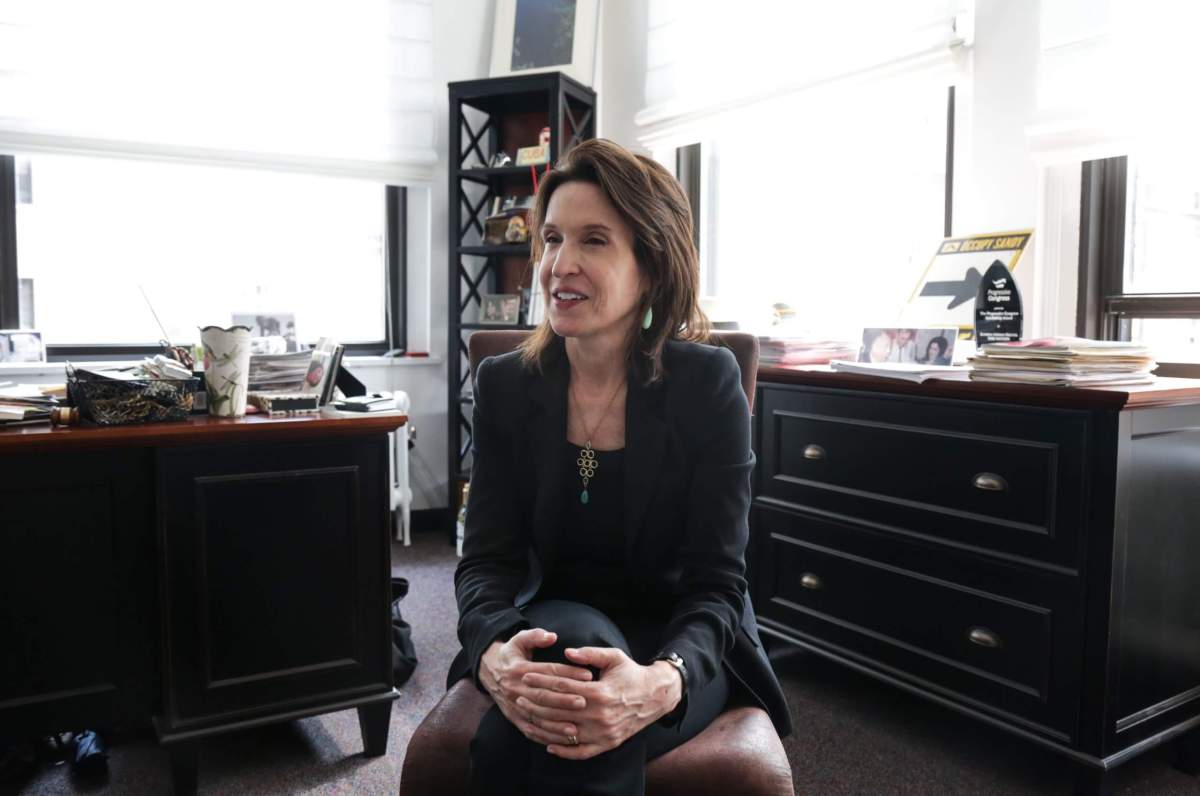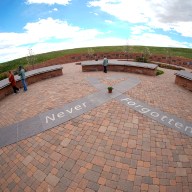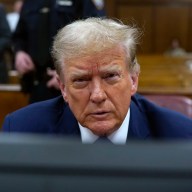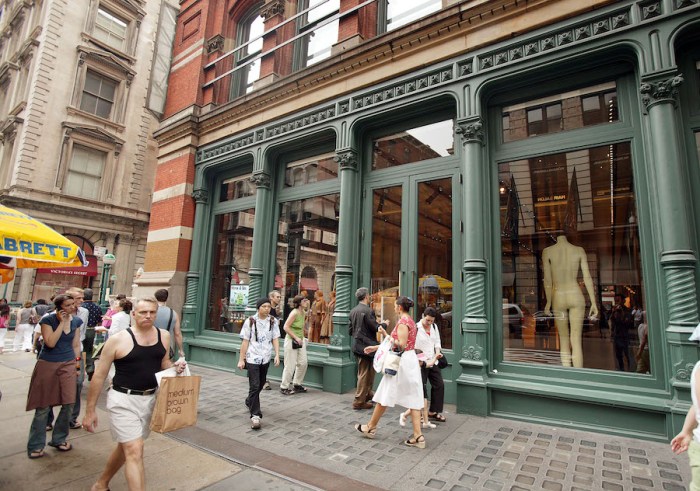“The Nation” is celebrating its 150th anniversary in style with a hefty 273 page anniversary issue and the launch of their new website — not to mention that Mayor de Blasio has proclaimed July 6, 2015 in New York City “The Nation Day.” Metro sat down with editor and publisher Katrina vanden Heuvel to talk about the 150th anniversary, the future of publishing and more.
What is your favorite part of the 150th Anniversary Issue?
I think I am most moved by Martin Luther King’s piece of 1966, “The Last Steep Ascent,”because it is as much about that time of history as it is today. It is about how far we’ve come and how far we need to go to build that more perfect union. It was his last piece for us. He wrote for us from 1961 to 1966 an annual kind of an audit, an essay about the civil rights movement and I find that extraordinarily moving that someone who was such a movement leader could bring his wisdom to bare in the pages of “The Nation” and that the editor at that time had the wisdom to reach out to those who knew King and bring him into “The Nation.” What have you learned after the last 10 years as publisher and 20 years as editor of “The Nation”?
I’ve learned how hard it is to sustain a publication like “The Nation” in a country which sadly, a country I love, often puts too little value on rebellious dissident voices. I’ve learned it is to have a publication which values dissident, rebellious, truth telling voices that is a haven for views that might at one point seem marginal or fringe but enter the mainstream 20 years later. I’ve learned it is often difficult to work with really brilliant highly opinionated eloquent people but that there is a great benefit from that. In terms of race issues, gender issues, social inequality issues, how do you think things have changed both in terms of media coverage and just in general?
The change comes from so many directions; part of it is the demographic shifts in this country. I mean you cannot be awake in this country and deny that the country is shifting in fundamental ways that demand attention to those who too often have been left out of the power equation, the media equation. I think media institutions understand they need a full range of people in their newsrooms to cover what is going on in this country. So there is no question that movements I would again come back to movements, have made the real transformative change.
How do you think publications that were founded as print can ensure that the website and their print publication are two distinct equally necessary entities?
We see the print as a place for more curated or considered reflection and the web as a place where it is both integrated with the print because we will take an essay in print and develop it with more photographs, infographics on the web but certainly with breaking news we want to bring our analytical style but move it quickly to the web. So it allows us to be part of a debate and conversation which the print is also a part of but at a different pace.
Can you talk a little bit about the website revamp that “The Nation” is doing?
It took about a year … it’s not easy launching a new website and it’s gone on while we are also doing the work we do. We always knew that symbolically we wanted the website to launch to say here we are we are in the 21st century. We were founded in 1865 but we are fierce; we’re kicking, we’re thriving and we are aware times have changed but we are going digital with integrity.We are bringing the values to the website but using a 21st century and beyond form. Do you think that for the future of publishing, more people will take on this model of having donors or do you think it will still continue to be this advertising as the primary revenue model? The old order is sort of disappearing and the new order is not yet with us so it is kind of this twilight moment. I think we are well-positioned because we have had this model for so many years that we are continuing to work it and tweak it. We modernize it; the digital communities you can inspire also give new possibilities to small donor loyalty. This interview was edited for length.
‘The Nation’ celebrates 150 years of independent journalism

Miles Dixon

















